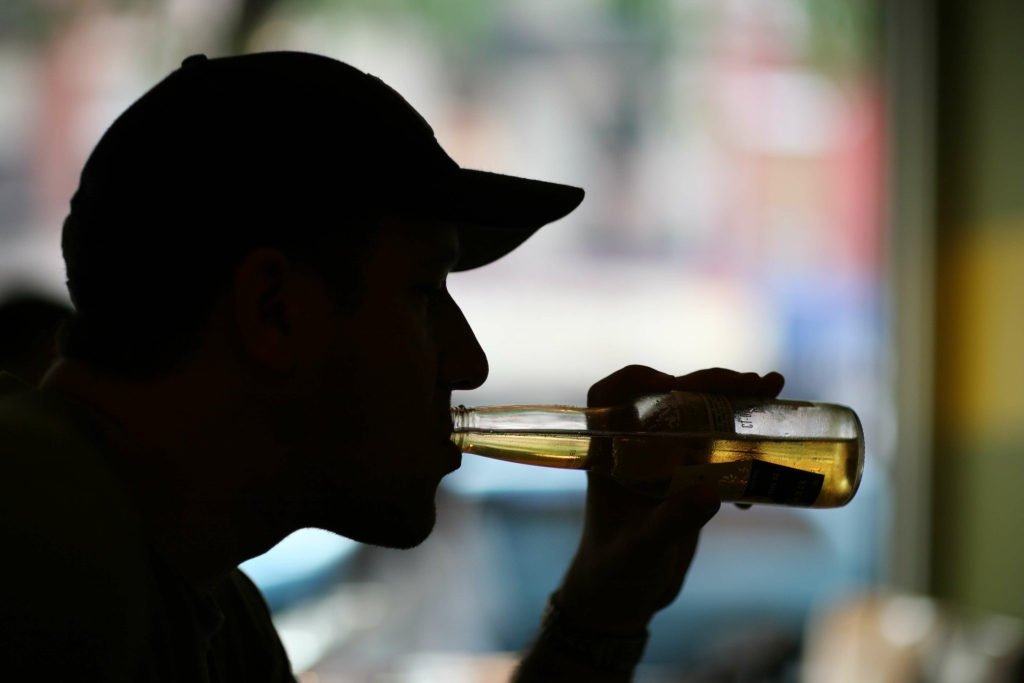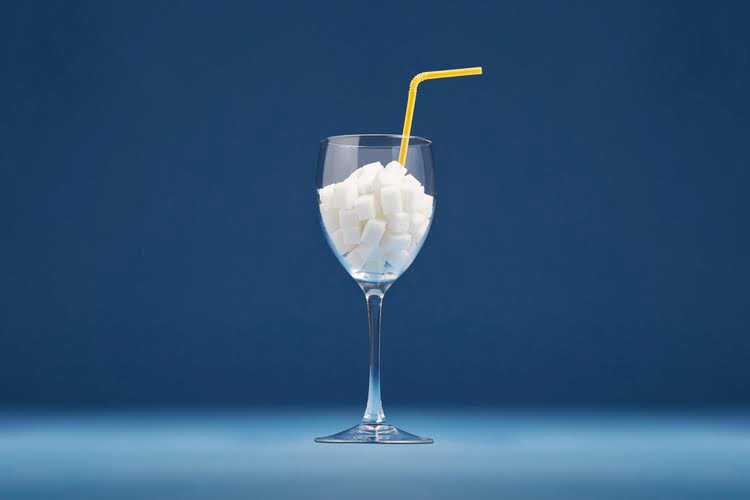You’re there for LIFE, not the hardship and accelerated death that active addiction brings with it. We didn’t get sober to be boring as hell—we want to enjoy life to the fullest. Harm reduction is an evidence-based recovery approach that seeks to minimize the negative consequences of substance use and https://ecosoberhouse.com/ addiction.
Related Posts
- This isn’t talked about in 12-step much but it’s a life-saver.
- Going to meetings helps me stay sober, but smoking weed does too.
- Charley, our esteemed reviewer, brings a deep commitment to healing work, mindfulness, and nurturing human potential.
There is certainly a vast number of people who have completed treatment programs, yet have not become part of the AA family. While it is common for treatment facilities to encourage involvement in recovery fellowships, there is rarely a mandate that you intend. Many courts will require documented attendance at a recovery meeting to meet pre-sentencing or pre-trial requirements.
How Does Structure Support Long-Term Addiction Recovery?
My definition is more consistent with current scientific thinking about recovery, which includes the use of modern, lifesaving medications that help people overcome the biological components of their addictions. Offering a bigger recovery tent allows more people to feel welcome and safe. Unfortunately, this binary and ideological approach has an extremely low success rate — by one estimate, 5%-10% for AA. Its rigidity alienates many and is mainly based on historical tradition rather than science. Quitting alcohol also gave Eric some perspective on his participation in the culture of heavy drinking in northern Minnesota. “Where I live, social life is the bar and the church,” he says.
Sobriety as a Lifelong Commitment
- In the days before federal legalization in Canada, an Abacus poll found that 70% of Canadians either supported legalization or were fine with it.
- Changes Healing Center‘s judgment-free professionals understand that using one substance, legalized or not, comes with its own set of challenges.
- Though each recovery is different for each individual, drug addicts, and substance abusers should know using marijuana while in recovery could lead to a relapse over time, potentially even to the use of harder drugs.
- It aims to offer insights into the benefits of a sober lifestyle and share the resources and support systems available to those pursuing sobriety.
In this article, we’ll provide a comprehensive guide to understanding and navigating sobriety. It aims to offer insights into the benefits of a sober lifestyle and share the resources and support systems available to those pursuing sobriety. Many people who recognize that they have a drinking problem aren’t aware that there are alternatives to Alcoholics Anonymous. This article, for example, outlines the CORE process, which stands for Commit, Objectify, Respond, Enjoy. By employing these simple techniques, you can beat the bottle quietly — and for free — in the dignity of your own home.

Reflecting on yourself and your recovery
That’s bad news if you’re trying to stay sober, because it means that you’re risking a lot of psychological discomfort if you don’t give up weed. We are in the process of a vast societal reevaluation of the relative benefits and harms of cannabis, with public acceptance of both medical and recreational use growing yearly. Using medicinal cannabis to transition away from more dangerous drugs, such as alcohol or heroin, is an increasingly popular and accepted form of harm reduction. I have what is Oxford House had tremendous success in my clinical practice transitioning people from both medicinal opioids and alcohol to cannabis. If you are wondering how to quit weed entirely so that you can stay weed-free in your recovery, then there are many substance use treatment options available for you. Medication management services can also be provided for you in case of weed withdrawal symptoms and other reasons.
Psilocybin shows promise for treating alcohol addiction, new study finds

Some family and friends of those in recovery might not understand why someone chooses smoking or drinking, knowing that these present a chance of addiction. They argue that marijuana is legal, but it’s still an addictive substance. The National Institute on Drug Abuse (NIDA) reports that using marijuana can lead to addiction. Research shows that 30% of people using the drug have some form of marijuana use disorder. The likelihood of developing marijuana use disorder increases for those who began using it before their 18th birthday. Medication-assisted treatment (MAT) is a form of harm reduction used at Recovery Unplugged.
Does CBD Count as a Relapse?
- Keep yourself healthy and on the path of sobriety—it’s the ultimate way to be ready for all the other amazing parties that you’ll be hitting soon enough.
- It bucks against the decades of inaccurate messaging we’ve been given that cannabis is highly addictive and extremely dangerous.
Navigating sobriety is complex, but you don’t have to go it alone. At Vanity Wellness Center, we specialize in creating personalized treatment plans that consider every facet of your life, from your substance use history to your mental health. With expertise in dual diagnosis and holistic recovery methods, we can equip you with the tools you need to meet your sobriety goals head-on. Some try to address substance abuse or addiction issues by White-Knuckling – sudden total abstinence of their drug of choice. The one exception – how to stay sober without aa is marijuana, which they mistakenly believe can manage their withdrawal symptoms and cravings for more dangerous substance abuse.
Get Proven Detox And Rehab Options Now!

Epidiolex contains a purified form of cannabidiol (CBD) deemed safe by the FDA. The FDA also approved a few medications containing a synthetic form of THC to ease nausea in cancer patients. Many believe that using cannabis (in whatever form you prefer) does not contradict your sobriety, that is, unless you are striving for sobriety from the drug itself. Max F., who spoke on the condition his last name be withheld in accordance with the 12-step principle of anonymity, sees danger in broadening sobriety to include such substances.
